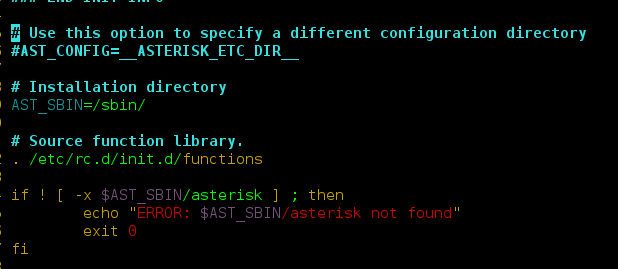Python is a great language for doing data analysis, primarily because of the fantastic ecosystem of data-centric python packages. Pandas is one of those packages and makes importing and analyzing data much easier.
Pandas dataframe.sub() function is used for finding the subtraction of dataframe and other, element-wise. This function is essentially same as doing dataframe – other but with support to substitute for missing data in one of the inputs.
Syntax: DataFrame.sub(other, axis=’columns’, level=None, fill_value=None)
Parameters :
other : Series, DataFrame, or constant
axis : For Series input, axis to match Series index on
level : Broadcast across a level, matching Index values on the passed MultiIndex level
fill_value : Fill existing missing (NaN) values, and any new element needed for successful DataFrame alignment, with this value before computation. If data in both corresponding DataFrame locations is missing the result will be missing.
Returns : result : DataFrame
Example #1: Use sub() function to subtract each element of a dataframe with a corresponding element in a series.
Python3
# importing pandas as pdimport pandas as pd# Creating the dataframe df = pd.DataFrame({"A":[1, 5, 3, 4, 2], "B":[3, 2, 4, 3, 4], "C":[2, 2, 7, 3, 4], "D":[4, 3, 6, 12, 7]}, index =["A1", "A2", "A3", "A4", "A5"])# Print the dataframedf |
Let’s create the series
Python3
# importing pandas as pdimport pandas as pd# Create the seriessr = pd.Series([12, 25, 64, 18], index =["A", "B", "C", "D"])# Print the seriessr |
Let’s use the dataframe.sub() function for subtraction.
Python3
# equivalent to df - srdf.sub(sr, axis = 1) |
Output :
Example #2: Use sub() function to subtract each element in a dataframe with the corresponding element in other dataframe
Python3
# importing pandas as pdimport pandas as pd# Creating the first dataframe df1 = pd.DataFrame({"A":[1, 5, 3, 4, 2], "B":[3, 2, 4, 3, 4], "C":[2, 2, 7, 3, 4], "D":[4, 3, 6, 12, 7]}, index =["A1", "A2", "A3", "A4", "A5"])# Creating the second dataframedf2 = pd.DataFrame({"A":[10, 11, 7, 8, 5], "B":[21, 5, 32, 4, 6], "C":[11, 21, 23, 7, 9], "D":[1, 5, 3, 8, 6]}, index =["A1", "A2", "A3", "A4", "A5"])# subtract df2 from df1df1.sub(df2) |
Output :
Notice, each element of the dataframe df1 has been subtracted with the corresponding element in the df2.








